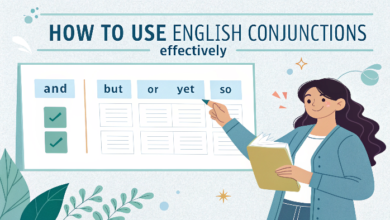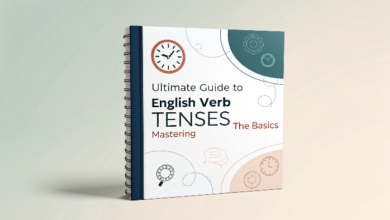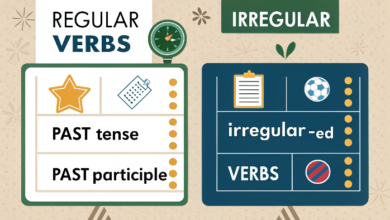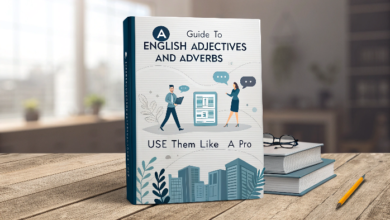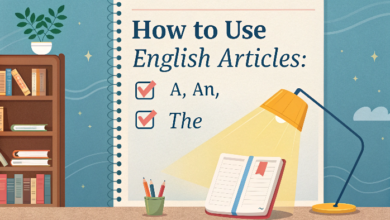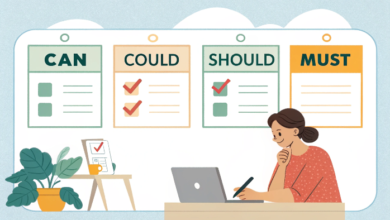How to Use Modal Verbs in English
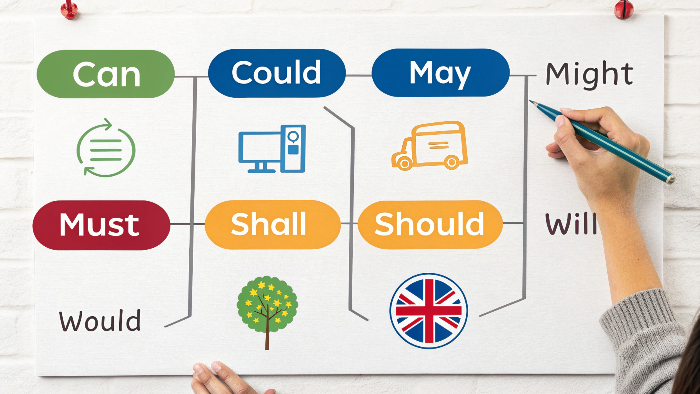
How to Use Modal Verbs in English
What Are Modal Verbs
Modal verbs are auxiliary verbs that help express ability, permission, possibility, necessity, or obligation. These verbs are essential in English because they add nuance and depth to sentences,
allowing speakers to convey various meanings in different contexts.
Common modal verbs include:
Can, Could, May, Might, Must, Shall, Should, Will, Would
In this article, we will break down how to use modal verbs correctly with examples, and we’ll also provide practice exercises to help you master them.
Understanding the Function of Modal Verbs
Each modal verb has a unique function. Here’s a quick guide to understanding how each one is used:
Can – Ability or Permission
Use “can” to express ability or permission.
Ability: I can swim.
Permission: Can I borrow your pen?
Could – Past Ability or Polite Requests
Use “could” to express past ability or make polite requests.
Example:
Past Ability: When I was younger, I could run for miles.
Polite Request: Could you help me with my homework?
May – Permission or Possibility
Use “may” to ask for permission or express a possibility.
Example:
Permission: May I leave early today?
Possibility: It may rain later.
Might – Possibility (Less Certain)
Use “might” to express a less certain possibility than “may”.
Example:
She might come to the party if she finishes work early.
Must – Necessity or Obligation
Use “must” to express necessity or strong obligation.
Example:
You must wear a helmet when riding a bike.
How to Use Modal Verbs in English
Shall – Future or Suggestions
Use “shall” for future actions or to make suggestions (mainly in British English).
Example:
We shall meet at 3 PM.
Shall we go for a walk?
Should – Advice or Expectation
Use “should” for advice or to express what is expected.
Example:
You should eat more vegetables.
I should finish this report by tomorrow.
Will – Future Predictions or Willingness
Use “will” to express future predictions, or to show willingness or intentions.
Example:
I will call you tomorrow.
He will help you with your project.
Would – Polite Requests or Hypotheticals
Use “would” for polite requests or to discuss hypothetical situations.
Example:
Would you like some coffee?
If I were rich, I would travel the world.
How to Form Sentences with Modal Verbs
Modal verbs do not change according to the subject, and they are followed by the base form of the main verb. Here’s the structure:
Subject + Modal Verb + Base Verb
Example Sentences:
I can speak French.
She must leave now.
They should study harder.
For more, go to the next page

